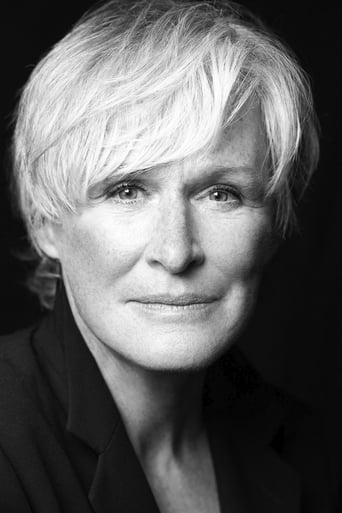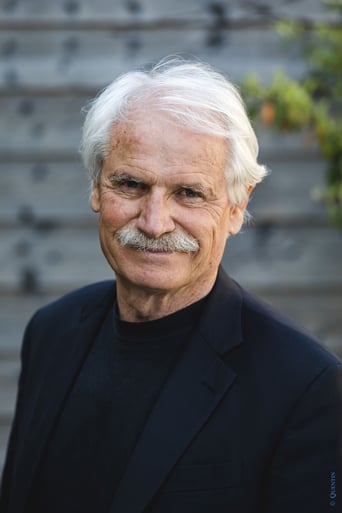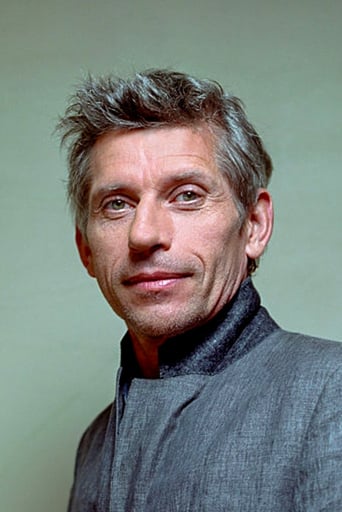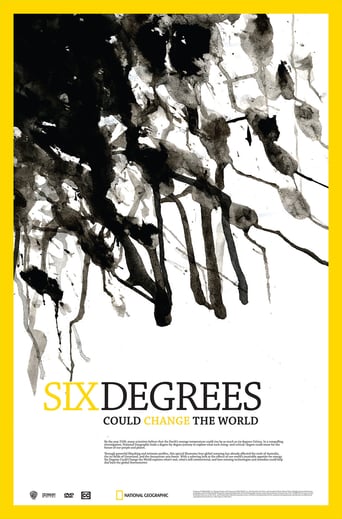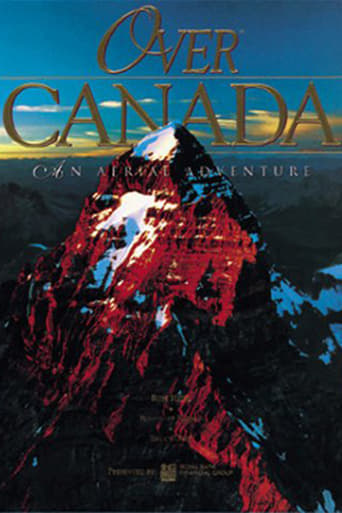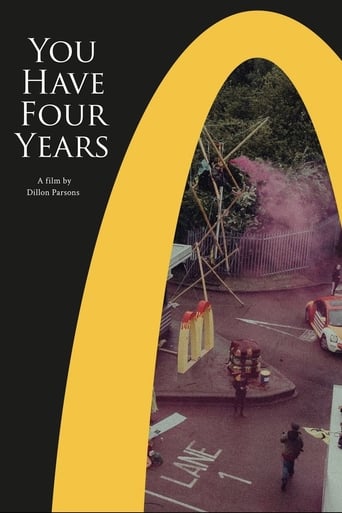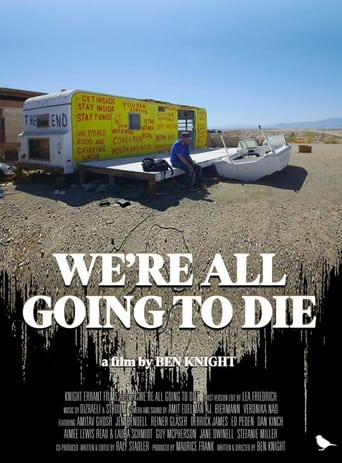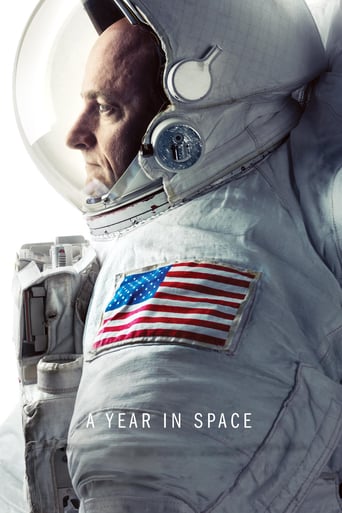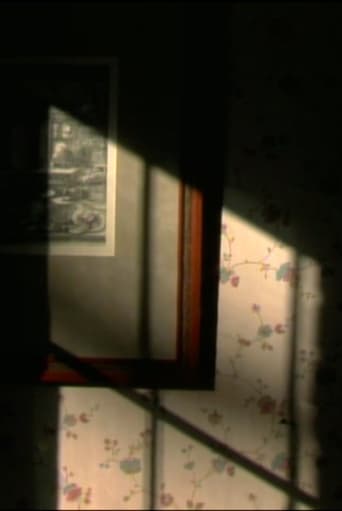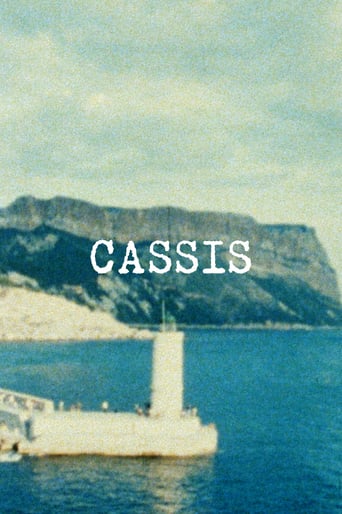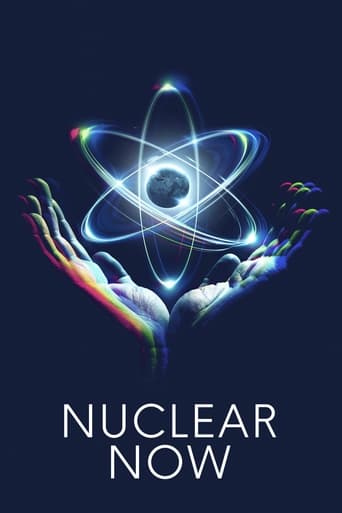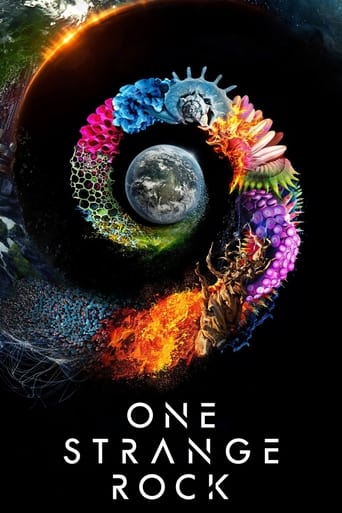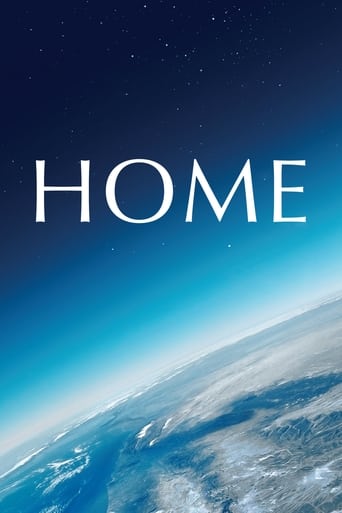

Home (2009)
In 200,000 years of existence, man has upset the balance on which the Earth had lived for 4 billion years. Global warming, resource depletion, species extinction: man has endangered his own home. But it is too late to be pessimistic: humanity has barely ten years left to reverse the trend, become aware of its excessive exploitation of the Earth's riches, and change its consumption pattern.
Watch Trailer
Cast


Similar titles
Reviews
Yann-Arthur Bertrand is known in France for being the best Earth photograph involved in ecology ever.This movie is just beau-ti-ful.You never saw the world that way.You never knew there were so much diversity all around the Earth, so much things to see, so much beautiful creations.And you never knew there were so much left.A must-watch.Wonderful scenes, really beautiful pictures of Earth.Tip : there is a long-version.
Stunning and unique all-aerial visuals, great emotive soundtrack, and an admirable attempt to raise awareness about the interconnectivity of Earth's ecosystems; But anyone with even some basic education in biology and ecology should feel conflicted enjoying this documentary.This doc presents and promotes a quasi-mystical outlook upon our planet's ecosystems and our place within them. First, the fact that our growth is "faster and faster" as the narrator harps on (while ominous music plays) isn't something evil, unique, or something we should feel guilty about. Nor does "every animal have its place", nor does huge wealth disparity (shitty though it may be) have much to do with environmental problems (or at least it certainly isn't explained here). Humans are organisms, and like any other organism we will follow exponential growth in ideal conditions and infinite resources. Our expansion and over-exploitation of resources is also not a product of modern society or even the industrial revolution (timber and game in pre-industrial Europe was heavily overexploited as an example), and hunter-gatherer or horticultural civilizations (ex. Native Americans) were also not more environmentally wise than us (they simply expanded to the extent the carrying capacity of their technology allowed for). Humanity, as every other species, does not owe anything to any other species because we are not apart from them. First we must understand that we are another species, and subject to the same natural urges to consume and expand as any other species.The goal of promoting environmentalism is good, as is showing some great examples of our devastation upon the Earth. I just wish the documentary wasn't dumbed down with spiritual drivel for the masses. There are plenty of good practical reasons to try to preserve ecosystems and prevent global warming without invoking guilt about how we've destroyed some holy balance.Still, the doc is worth watching for the visuals alone.
When Al Gore starred in An "Inconvenient Truth", it was so shocking that he was even invited by Oprah Winfrey to give another presentation on her show. Although Gore's work in that film brought out some very ugly "truths" addressing our current state of environmental affairs, his documentary/weather-man styled message seemed a tad bit on the lines of a college lecture. Even though Gore's pie-charts, statistics and scientific data all pointed towards the stark reality of "Global Warming", it pretty much does not address other issues that go hand-in-hand with our planet's destruction. Yes, Al Gore along with director Davis Guggenheim did an exceptional public service with "An Inconvenient Truth", but that was five years ago, and the polar ice-caps are still melting at a rate of 10% a year. Today, a billion people don't have water to drink. 20% of the world's population consumes 80% of its resources. 13 million hectares of forests vanish every year. It goes on and on. But this is where Home differs. Written by Isabelle Delannoy and directed by Yann Arthus-Bertrand, this indie film is a bold and sometimes thematically brutal narration of where we came from and where we are headed. Speaking for mother Earth is Glenn Close; systematically narrating how in just two hundred thousand years of existence, humans are changing the face of a four billion year old planet. This is shown through some of the most stunning and colorfully vivid aerial footages I have ever seen of this planet we call home. For this visual impact, Arthus-Bertrand uses high-definition cameras for mostly air-borne cinematography, capturing some rare images of people and places in abstract composures framed in 50 odd countries. And while our eyes have a feast, the haunting score becomes more than just music to our ears thanks to Armand Amar's original score played by the Budapest Symphony Orchestra. Perhaps his greatest intention from capturing Earth's spectacular imagery is to lay in plain view what we have now, and what we are likely to loose in our current trend to over indulge; making what we see a haunting dream, just 15 years from now.Speaking of over indulgence, in her narration, Close boldly names a few cities that are currently at the peak of plundering the planet. New York, Las Vegas and Los Angeles (USA), Shenzhen and Beijing (China), Mumbai (India), Tokyo (Japan) and Dubai (UAE), are used as examples and are not spared as world cities caught red-handed wasting food, water and energy. But this is only the latest. The damage though severe, has been dealt by humans like slow poison throughout our 200,000 years of existence. While we scientifically search for our missing link, we dare to place ourselves on top of the food chain. In the name of survival, we may be forgiven for thinking so. But how does the planet as a whole, survive in harmonious balance without any one species assuming superiority over all others? How profound is the thought that we as a species are actually the weakest link in the chain of a four billion year old evolution? That alone raises further questions as to whether or not we are really self-sufficient or whether we are evolving from hunters and nomads into explorers and conquerors being that humans are the only species with a will to dominate. Before showing how some countries are working at repairing the damage, the film really drives the message home with some more frightening questions. In just 15 years, can we undo what we have done in the last 200,000 years? In just 15 years, can we stop what we have been doing for the last 50 years? Even if we all try together, will Earth forgive us? Or is it too late? The answers, believe it or not, phenomenally rest in the way we address the words "we", "you", "I" and "they". It also lies in the thick line differentiating needs and wants. What is the need of three cars in a household of four? What is the need of an eight-cylinder gas guzzling SUV used by one individual? How nutritious are all-you-can eat buffets when a billion people are starving? Again, the answer is balance: take from the earth what is strictly necessary and only when it is needed.Released simultaneously on June 5th 2009 (World Environment Day) in 181 countries, this has to be the single widest film release in history and has already broken the world record in doing so. With a lowly budget of just $ 12 million, the intent of the film is not to entertain, but is a desperate wake up call to anyone who considers this planet a home. Moreover, what makes this film truly unique is that it can be freely downloaded and/or burned onto DVDs as it is copy-right free. That means this is a non-profit film that does not fall under Federal piracy protocols. If you do intend to buy the DVD (and you must), all proceeds will first cover the cost of production, thereafter, everything will reportedly go towards the "Good Planet Company", a non-profit red-crescent society for the planet. According to the film makers, "The benefits of this film cannot be counted in dollars, but in audience figures". More than anything, "Home" is a powerful lesson in humility. Its time to get our act together and tear down our socio-political walls; and only TOGETHER can we repair a planet that geographically has no boundaries.This is a must-see for all good citizens of Earth. As a reviewer, I would recommend watching this title in BD format just to see it the way it's meant to be seen. If that is out of reach, a DVD should be almost as effective. And just in case I haven't mentioned it already, my salutations to Mr. Yann Arthus-Bertrand and his filming crew for bringing out a film that is much more than a mere documentary, rather, an artistic masterpiece that sirens Earth's cry for help.
I was expecting an 'inconvienient truth' style shocker here but from the outset the photography of the project really came through. This suddenly made sense once I realised that it had been directed by Yann Arthus-Bertrand. His book 'The Earth from above' had the same feel and the super slow motion of 'Home' made you feel like the books had suddenly come to life. A real visual treat throughout the documentary and then the hard facts about humanity's impact on the bio-diversity of our planet over a short period of time hit home very well. I was so glad at the end when some solutions came to light about the work people are doing to sustain energy sources and use the land better. I believe a start would be to halt the development of desert areas such as Dubai and begin weaning Americans off Las Vegas in order to save the water table. Again another big point was the amount of water it takes to produce meat. I'm going to look at local option and attempt to eat vegitables where ever possible. A great watch for a Sunday afternoon though.


